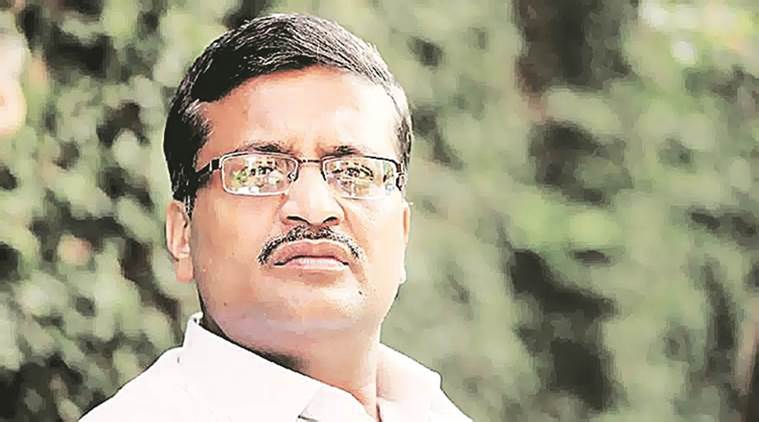
In 2012, Ashok Khemka (53), as director general of Consolidation of Holdings, Haryana, had withdrawn the land consolidation process of 3,184 acres in Faridabad’s Kot village — comprising “a large chunk of the Aravallis” — after an inquiry showed that most of the land comprised uncultivable hilly area. The department recently reversed his order. Khemka, who is currently Principal Secretary, Haryana Sports and Youth Affairs, tells The Indian Express how the move could affect the region’s ecology.
What is your take on the latest notification to consolidate 3,184 acres in Kot village?
As director general, consolidation, I had de-notified the proceedings in Kot village on August 23, 2012. The village is on the Gurgaon-Faridabad road. Close to 80% of the land concerned is hills and forests of the Aravallis, which will be destroyed in the name of consolidation. Big private interests will take over common property resources and destroy the already fragile environment of the NCR.
Why did you withdraw the consolidation notification for Kot and Rozka-Gujar village in 2012?
The two orders de-notifying the consolidation proceedings in the two villages, located in the foothills of the Aravallis, are self-explanatory.
Who do you think stands to gain from this notification?
People with selfish private interests.
How will it affect the Aravallis?
Realtors do not make investments to conserve local ecology. Uncontrolled urbanisation will deplete water resources, cause air pollution and accelerate desertification. This greed will adversely affect the future generation.
What will be the larger consequences for the capital and NCR?
It will be disastrous and unintended. The NCR will become uninhabitable sooner than anticipated.
What do you propose the government must do?
Consolidation proceedings in the eco-fragile zone of the Aravalli will not increase agricultural productivity, but fuel the greed of land sharks. An inquiry into land purchases will unravel the truth.